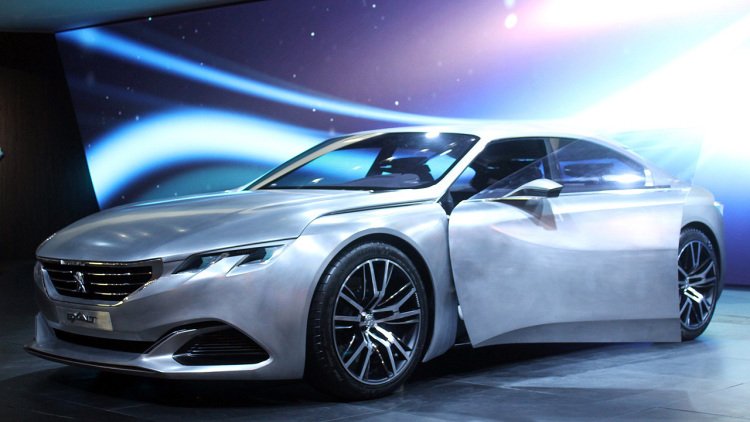Peugeot-Citroen Radying 11 New Plug-In Vehicles In 5 Years

But you can't blame the company formerly known as PSA Peugeot-Citroen for not taking risks.
The French automaker, which earlier this month officially became Groupe PSA, announced plans to introduce 26 new light-duty vehicle models within the next five years in an effort to boost annual revenue by 25 percent. The plan has been named "Push to Pass," and of those 26 new vehicles, seven models will be plug-in hybrids and four will be battery-electric vehicles. The company also plans "the deployment of the connected and autonomous vehicle programme," though few details about either that program or the many new plug-in vehicles were disclosed. The automaker hasn't done much in the plug-in vehicle market beyond the iOn EV, and even that was merely a rebadged Mitsubishi i-MiEV.
Group PSA appears to be taking a cue from last year's plug-in vehicle sales throughout Western Europe. In 2015, the regions plug-in vehicle sales surged more than 80 percent to 184,000 and have jumped more than tenfold during the past five years, according to figures collected by the US Department of Energy.
Still, some red flags may be popping up, as year-over-year plug-in vehicle sales appear to be more mixed for the continent's most popular battery-electric and plug-in hybrid vehicles, according to the European Alternative Fuels Observatory (EAFO). For instance, sales for the Renault Zoe and Nissan Leaf EVs are up, but Tesla Model S demand has grown little, while Volkswagen e-Golf sales are down. Among plug-in hybrids, the Mitsubishi Outlander and Volkswagen Golf GTE sales have both dropped significantly this year.
Related News


